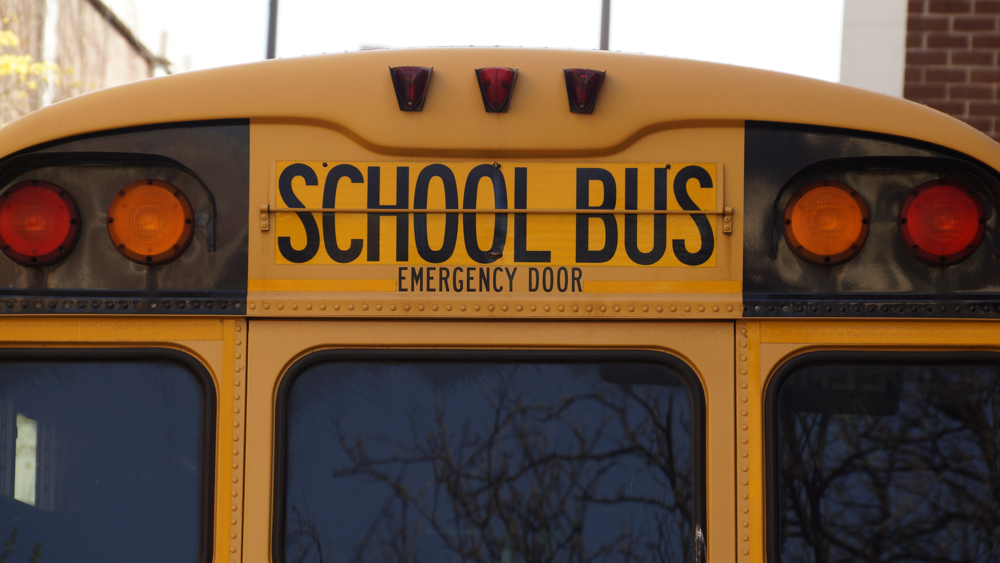Public education must remain a high priority in Tennessee. That should be reflected in Governor Haslam’s State of the State. We have made a strong commitment in the terms of taxpayer dollars. We have simply played catch-up the last few years, especially in regards to funding our public schools.
The Tennessee Constitution set forth the purpose of public education: “The state of Tennessee recognizes the inherent value of education and encourages its support. The General Assembly shall provide for the maintenance, support, and eligibility standards of a system of free public schools.” It is worth the reminder to reflect on that purpose as we enter legislative session at the Tennessee General Assembly.
Living and working in Nashville, and operating a motor vehicle, it is clear that “Music City” is also “pothole city.” We have no problem with increasing the budget to spend more on improving our roads, from which we all derive the benefit. Under Governor Haslam’s proposal, we would pay an additional 7 cents per gallon on gasoline and 12 cents per gallon on diesel in Tennessee. In addition, the plan would reduce the state’s grocery sales tax rate to 4.5 percent, down a half-percentage point.
Our concern is the impact upon public education and local school budgets. Public schools are funded through local property taxes, local option sales taxes and licenses, permits, and other fees. State education funds are largely provided through the BEP formula, which is determined by the governor and state legislature. Capital expenditures are accounted for separately.
So, the concern for a gas tax hike on public schools is simple. On average, the gas mileage of a school bus is about 7 miles per gallon. Most large transit buses (Pugnose style and Hooded) are diesel, while Special Education buses or smaller buses operate on gas. School buses that are diesel will now have to pay 12 cents per gallon more, unless they are specifically exempted under the new proposal.
The bulk of the funding for our local schools comes from sales tax and property tax. A reduction in sales tax most assuredly will result in a property taxes hike to make up loss of revenue. Any gas tax increase must not impact public education by increasing costs, while reducing revenue. Now that they are aware of the problem, policymakers cannot deflect responsibility on this issue and must carefully ensure schools are not yet subjected to a shift in state policy that will result in harming our already fragile school funding.
*********
JC Bowman is the Executive Director of Professional Educators of Tennessee, a non-partisan teacher association headquartered in Nashville, Tennessee. Permission to reprint in whole or in part is hereby granted, provided that the author and the association are properly cited.








